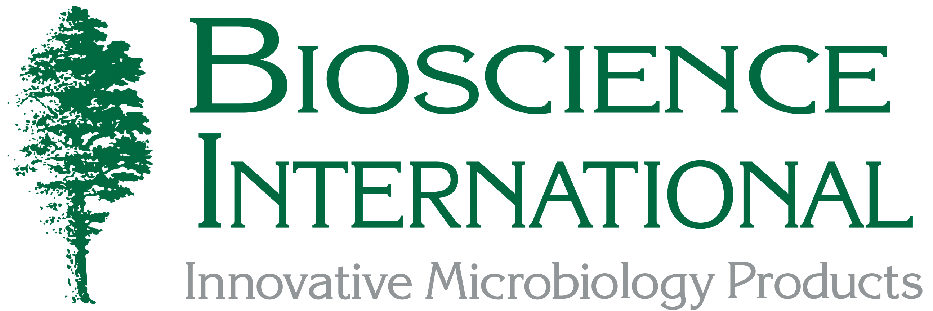"Any indication of mold in the air of his chamber is closely monitored with the portable SAS (Surface Air Sampler). Using Sabouraud Dextrose Agar contact plates once a week, scientists pull the air of the chamber with the SAS across the plates to chart and maintain a baseline of low microbial levels and shield this precious relic from invasive microbes."
SAS Air Sampler Helps Preserve a Prehistoric Human
.jpg)
His modern name is Otzi. The Otzal Valley, a formidable glacier in the Italian Alps, entombed his prehistoric corpse in an icy crevice for 5,000 years. Fully preserved with brain, eyes, skin, and internal organs intact, this wayfarer of the Copper Age stared fearfully at his tardy saviors as they airlifted him on his final alpine journey toward preservation. At the Anatomy Institute of the University of Innsbruck, his taut amber skin began to succumb to hostile ambient hear. Scientists cradled him into a sealed refrigerated Plexiglas case. Simulating his icy grave, they calibrate the atmosphere 21º Fahrenheit and 98% relative humidity.
Any indication of mold in the air of his chamber is closely monitored with the portable SAS (Surface Air Sampler). Using Sabouraud Dextrose Agar contact plates once a week, scientists pull the air of the chamber with the SAS across the plates to chart and maintain a baseline of low microbial levels and shield this precious relic from invasive microbes.
In this controlled environment, scientists safely scrutinize the corpse. Appointments to view him outside the case are granted for rare prescribed visitations not to exceed twenty minutes.
Ironically, one of Otzi's several treasures found near his cupped hand at his death site was a small white donut-shaped fungus strung on a coarse brown string. It was most likely his first-aid kit. Five millennia later, it is just such microbes he must combat to keep his place as one of the oldest naturally mummified humans.
Recently, Otzi was reclaimed by Italy. In a museum in the small alpine town of Bolzano near where his journey began so long ago, he lies in repose at his final journey's end.
To appreciate the breadth of applications for air monitoring by the SAS, we provide an extensive bibliography of over ninety Application Notes to guide scientists in their sampling needs. Application Note 8 offers the protocol for the collection of molds in indoor air.
![]()
For More Information Contact:
Bioscience International
11333 Woodglen Drive
Rockville MD 20852
Tel: 301-231-7400
Fax: 301-231-7277
Internet: BioInfo@Biosci-Intl.com
